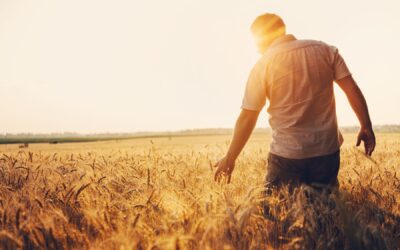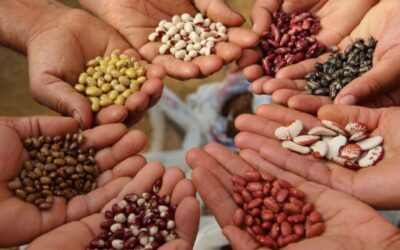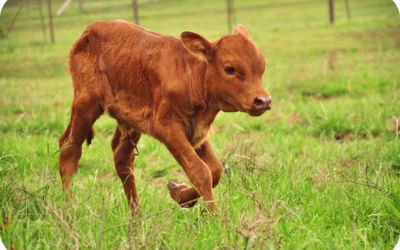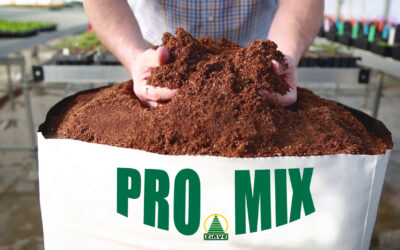How Farmers in the Middle East, Turkey and Eastern Europe Can Thrive Amidst Climate Challenges
The sweltering heat, the parched earth, and the relentless sun – no, we’re not talking about the latest summer blockbuster. This is the reality for farmers in the Middle East and Turkey as they grapple with the increasingly daunting challenge of climate change. With climate conditions becoming more extreme and unpredictable, our farmers need to adapt and build resilience if they want to keep the farm-to-table journey alive.
The (Not-So) Calm Before the Storm
Farmers in the Middle East and Turkey are no strangers to harsh weather conditions. However, climate change has turned up the heat, quite literally, with record-breaking temperatures, prolonged droughts, and devastating floods. These increasingly erratic weather patterns are not only affecting crop yields but also putting immense pressure on our food systems.
It’s like Mother Nature is playing an unending game of roulette, and our farmers are left guessing what the next spin will bring. But fear not, dear readers, for there is hope on the horizon.
Climate Adaptation: The Art of Dodging Mother Nature’s Curveballs
Climate adaptation is all about anticipating and responding to the changing climate conditions. It involves implementing measures that help farmers reduce their vulnerability to climate impacts and make the most of potential opportunities.
Farmers in the Middle East and Turkey can adopt various strategies to adapt to the changing climate. Here are some of the top contenders:
- Diversify crop production: By growing a variety of crops, farmers can hedge their bets against weather-related losses. A diverse crop mix provides a safety net, ensuring that not all crops will be affected by a single weather event.
- Plant heat- and drought-resistant crops: By choosing crops that can withstand higher temperatures and longer dry spells, farmers can minimize the impact of adverse weather conditions on their yields.
- Practice water-efficient irrigation: Efficient irrigation methods, such as drip irrigation, can help conserve water and make the most of the available resources.
- Invest in early warning systems: Timely information on weather conditions and forecasts can help farmers make informed decisions about planting, harvesting, and resource allocation.
- Promote soil conservation: Healthy soil is essential for crop growth. Practices such as no-till farming, cover cropping, and crop rotation can help maintain soil fertility and prevent erosion.
Building Resilience: Bouncing Back Better Than Before
Resilience is the capacity to recover from setbacks and adapt to new conditions. It’s like having a secret stash of fertilizer that keeps your crops flourishing, even in the face of adversity.
For farmers in the Middle East and Turkey, building resilience is crucial for thriving in a climate-challenged world. Here are some steps to take:
- Embrace technology: Innovations in agriculture, such as precision farming, can help farmers manage their resources more efficiently and make informed decisions based on real-time data.
- Strengthen social networks: A strong community can provide much-needed support during challenging times. By working together and sharing knowledge, farmers can help each other navigate the stormy waters of climate change.
- Invest in education and training: Enhancing farmers’ knowledge and skills can help them better adapt to new challenges and seize opportunities.
- Secure financial support: Access to credit and insurance can help farmers manage risks and recover from losses more quickly.
So, dear readers, while our farmers may not be able to control the weather (yet), they can certainly learn to dance in the rain – or the drought, as the case may be. By adopting climate adaptation strategies and building resilience, they can continue to nourish our tables and sustain our communities, even in the face of the most challenging weather conditions. It’s time for our farmers in the Middle East and Turkey to show Mother Nature that they, too, can be as adaptable and resilient as the crops they cultivate. And who knows? They might just end up teaching the world a lesson or two on how to thrive in an ever-changing climate.




